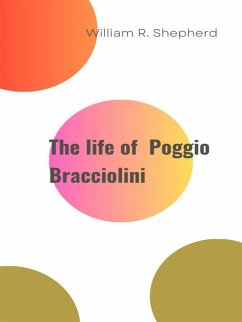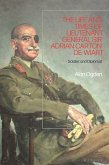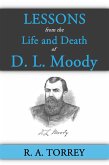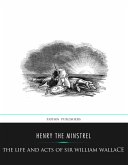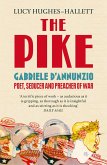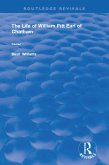But whatever might be the disadvantages under which Poggio laboured, in consequence of the embarrassed state of his father's fortune, in a literary point of view the circumstances of his birth were singularly propitious. At the close of the fourteenth century, the writings of Petrarca and Bocaccio were read with avidity, and the labours of those eminent revivers of letters had excited throughout Italy the emulation of the learned. The day-star had now pierced through the gloom of mental night, and the dawn of literature was gradually increasing in brilliancy. The city of Florence was, at this early period, distinguished by the zeal with which its principal inhabitants cultivated and patronized the liberal arts. It was consequently the favourite resort of the ablest scholars of the time, some of whom were induced by the offer of considerable salaries, to undertake the task of public instruction. In this celebrated school, Poggio applied himself to the study of the Latin tongue, under the direction of Giovanni Malpaghino, more commonly known by the appellation of John of Ravenna. This eminent scholar had, for a period of nearly fifteen years, been honoured by the friendship, and benefited by the precepts of Petrarca, under whose auspices he made considerable progress in the study of morals, history, an poetry. After the death of his illustrious patron, he delivered public lectures on polite literature, first at Venice, and afterwards at Florence.
Dieser Download kann aus rechtlichen Gründen nur mit Rechnungsadresse in A, B, CY, D, DK, EW, E, FIN, F, GR, IRL, I, L, M, NL, P, S, SLO, SK ausgeliefert werden.

